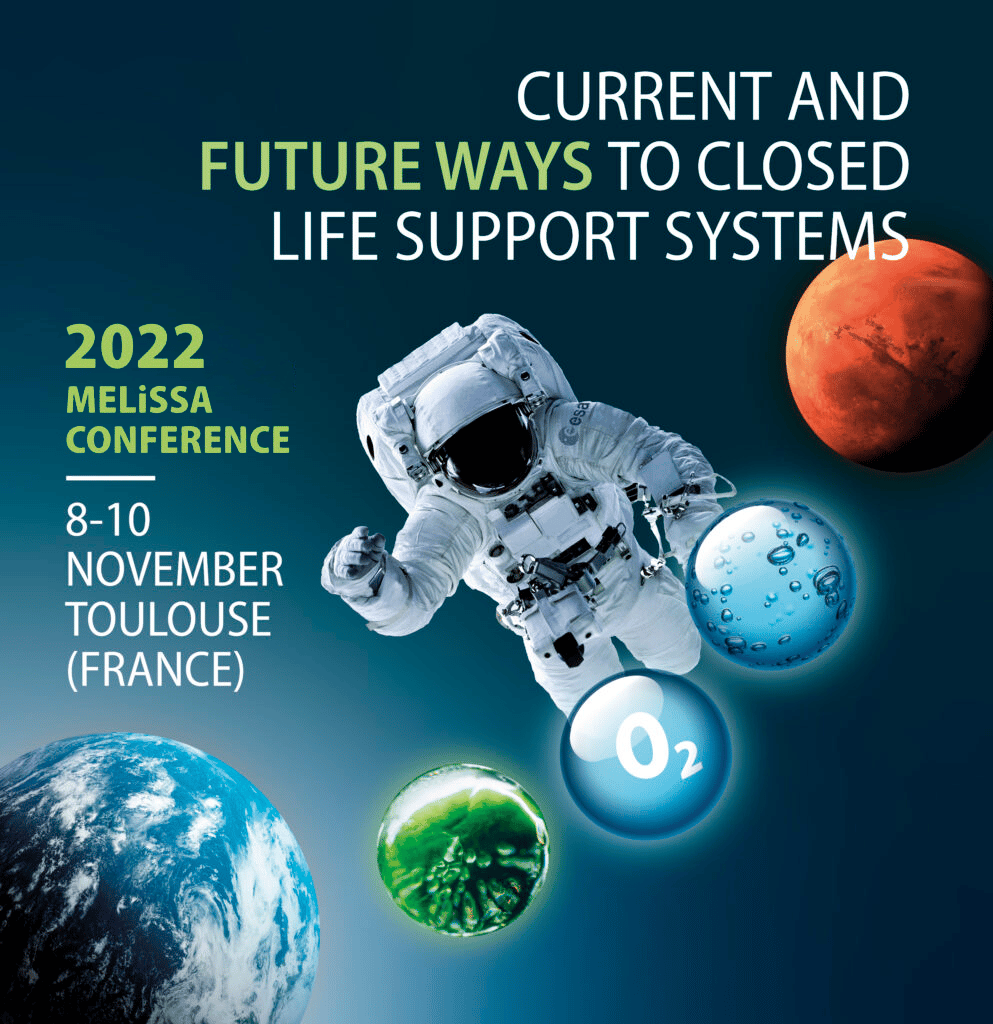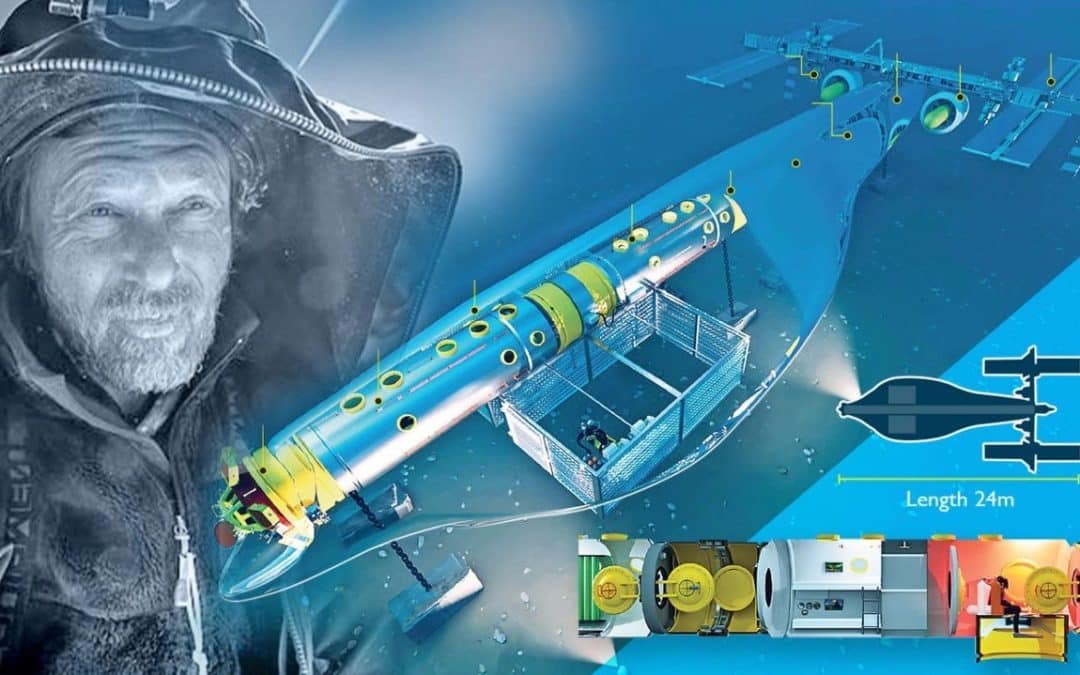In ESTEE’s (semi)closed-loop habitat demonstrator, knowledge of urine composition is critical for efficient urine valorization. At the same time, reliable, regular, non-invasive, and easy monitoring of urine biomarkers, reflecting the wellness, fitness, and health of the test crew, is imperative. As ESTEE is developing a mobile health (mHealth) solution for urine monitoring for our demonstrator concept using space technologies and requirements, it has determined that such solution will also have significant business potential for commercial mHealth applications on Earth.
Space inspiration and applications
As humans venture in space at longer distances from Earth and for more extended periods, two needs become pressing:
- to accurately and easily monitor crew health/wellness for better understanding how space travel and habitation affect it, as well as devising effective medical prevention and intervention strategies;
- to maximize material recycling in spaceships or planetary bases so that the dependence on resupply from Earth is minimized.
The strong interrelation between those two needs is evident within the framework of space advanced life support systems (ALSS): the accurate monitoring of chemicals in crew metabolic wastes is essential not only for knowing the crew health/wellness status, but also for optimizing the functionality of the downstream ALSS processes “feeding” on these wastes.
Urine is a focal fluid in closed-loop ALSS. It contains a significant portion of the chemical elements excreted by the human body, while it is rich in good biomarkers, expressing physiological state and physiological changes. Currently there is no routine monitoring of any urine biomarkers in space, as typically samples are collected during a mission and analyzed upon return to Earth.
To cover this gap, ESTEE is currently developing an mHealth urine monitoring prototype for incorporation into our (semi)closed-loop habitat demonstrator. The prototype measures biomarkers that are relevant both to the test crew’s health/wellness, as well as the ALSS functionality (e.g., plant and microalgae compartments for food production and atmosphere regeneration, prevention of scaling in water recovery processes, etc.). The prototype is developed in partnership with CSEM, the Swiss Center for Electronics and Microtechnology, and considers different sensor technologies.
In ESTEE’s (semi)closed-loop habitat demonstrator, knowledge of urine composition is critical for efficient urine valorization. At the same time, reliable, regular, non-invasive, and easy monitoring of urine biomarkers, reflecting the wellness, fitness, and health of the test crew, is imperative. As ESTEE is developing a mobile health (mHealth) solution for urine monitoring for our demonstrator concept using space technologies and requirements, it has determined that such solution will also have significant business potential for commercial mHealth applications on Earth.
Earth applications
In a 2020 study together with Leoni Corporate Advisors for the European Space Agency (ESA), ESTEE has determined that a “smart” urine monitoring toilet concept, like the one under development for its (semi)closed-loop habitat demonstrator, will have a significant business potential for consumer applications on Earth.
Concurrently with the space prototype, ESTEE is developing a marketable mHealth urine monitoring toilet add-on device for the consumer market: SUMIT (Smart Urinalysis Module for an Innovative Toilet).










